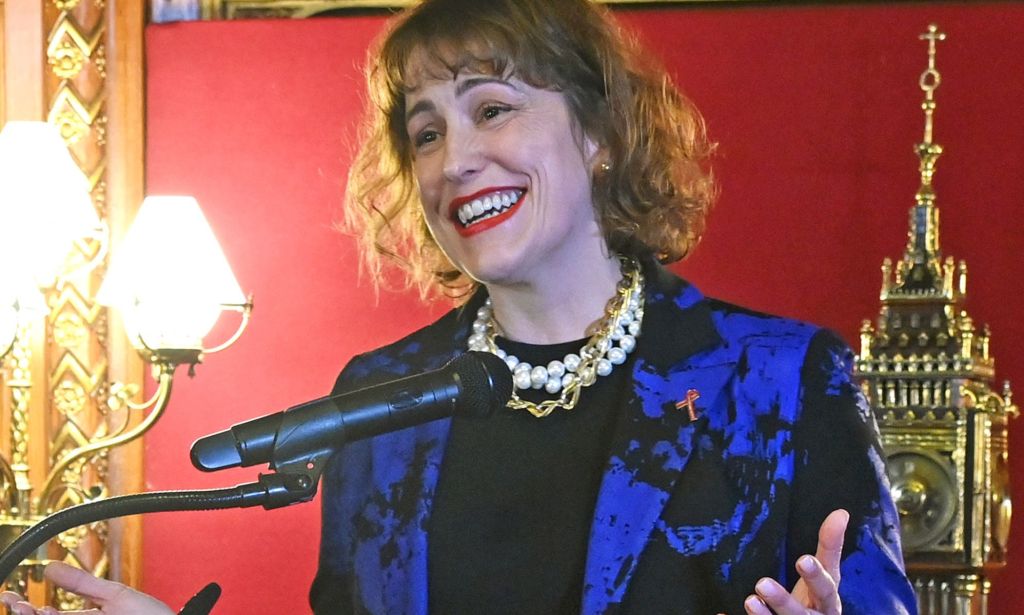UK health secretary takes aim at gender-affirming care for trans youth in Cass report response
The health secretary has responded to the findings of the Cass report in parliament, taking aim at gender-affirming care for trans young people in the process
Responding to the Cass report, Victoria Atkins said “fashionable cultural values” had overtaken “evidence, safety and biological reality” in policy debates.
Speaking in the House of Commons on Monday (15 April), Atkins said that recommendations made in the report – published last week – must “strike sure” in changing public policy on trans healthcare.
NHS England commissioned the report in 2020, to analyse the model of care at what was then England’s only trans youth gender clinic.
Building on an interim report in 2022, it made upwards of 32 recommendations to restructure how trans youth receive care, including the creation of regional hubs and a “holistic approach” to treatment.
Atkins, the Conservative MP for Louth and Horncastle in Lincolnshire commended the report, saying that it would lead to “compassionate, caring and careful” healthcare. She went on to lay blame for the rise in number of referrals to trans youth clinics.
“This exponential increase in demand is not a coincidence. [The] myth was that for children and young people grappling with adolescence, who were questioning their identity, their sexuality, or their path in life, the answer… was to change gender to solve their feelings of unease, discomfort or distress.”

She went on to claim: “That near-uniform prescription was imposed on children and young people with complex needs without full and thoughtful consideration of their wider needs… the NHS was overtaken by a culture of secrecy and ideology that was allowed to trump evidence and safety.”
Atkins’ claim appears to contradict one of the key findings of the Cass report – that there is “no simple explanation” for the increase.
The report stated that the rise in referrals is the result of a “complex interplay” between biological, psychological and social factors that differ between individuals.
Atkins failed to mention that, as of 2019, the detransition rate – the act of socially or medically reverting back to one’s gender assigned at birth – was less than one per cent.
By comparison, abortion regret rates in the US are around five per cent, while a 2020 study found that 18 per cent of people regretted having knee replacement surgery.
After meeting members of the General Medical Council over the weekend, Atkins suggested action could be taken against clinicians who break new rules about the provision of gender-affirming care.
“I will work with NHS England to root out the ideology that has caused so much unnecessary harm. I am looking closely at what can be done to curtail any loopholes and prescribing practices, including legislative options,” she said. “Nothing is off the table.”
While NHS England clinics are currently barred from prescribing puberty blockers, except through clinical trials, Atkins threatened any clinicians trying to “get around the rules” with being “struck off.”

